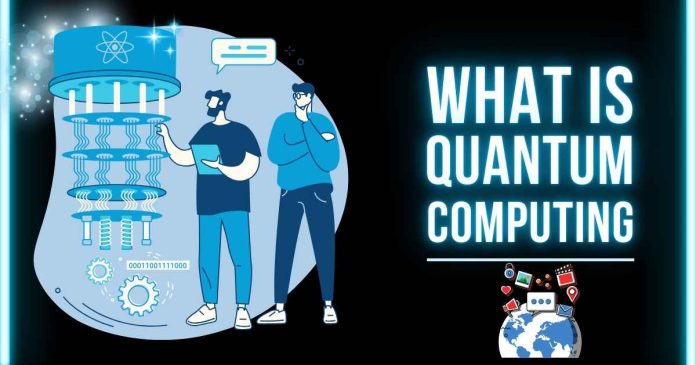The digital world as we know it is on the brink of a revolution. Classical computers, which have served us well for decades, may soon give way to a new kind of machine—quantum computers. With the potential to solve complex problems that are impossible for classical systems, quantum computing is not just a buzzword; it’s the future of computation.
What is Quantum Computing?
At its core, quantum computing leverages the principles of quantum mechanics—the same laws that govern the behavior of particles at atomic and subatomic scales. Unlike classical computers that process information using bits (0s and 1s), quantum computers use qubits, which can exist in multiple states at once thanks to superposition and entanglement.
Key Concepts:
- Qubit: The quantum version of a bit. A qubit can be in a state of 0, 1, or both simultaneously.
- Superposition: Allows qubits to represent multiple combinations of 0 and 1 at the same time.
- Entanglement: A phenomenon where qubits become linked and the state of one affects the other, no matter the distance.
- Quantum Interference: Used to amplify the probability of correct answers and cancel out wrong ones in a quantum computation.
Why Quantum Computing Matters
Quantum computing has the potential to revolutionize industries by solving problems that are currently intractable. Some potential applications include:
- Drug discovery and material science: Simulating molecular structures to find new drugs faster and more accurately.
- Cryptography: Breaking classical encryption methods while creating quantum-safe encryption protocols.
- Optimization problems: Enhancing logistics, financial modeling, and artificial intelligence algorithms.
- Climate modeling: Simulating complex environmental systems with far greater accuracy.
Challenges of Quantum Computing
While the promise is immense, quantum computing also comes with significant hurdles:
- Error correction: Qubits are prone to decoherence and noise, which can cause errors.
- Scalability: Building a large-scale, stable quantum computer is extremely difficult.
- Cost and resources: Quantum systems require ultra-cold temperatures and highly controlled environments.
Despite these challenges, tech giants like IBM, Google, Microsoft, and startups like Rigetti and IonQ are making significant strides toward practical quantum computing.
Frequently Asked Questions:
Q1: How is a quantum computer different from a classical computer?
A classical computer uses bits as its smallest unit of data (either 0 or 1). A quantum computer uses qubits, which can be both 0 and 1 at the same time due to superposition. This allows quantum computers to process a vast amount of information simultaneously.
Q2: When will quantum computers be available to the public?
Quantum computers are already available in limited capacity through cloud platforms (like IBM Quantum). However, large-scale, fault-tolerant quantum computers may take another decade or more to become mainstream.
Q3: Can quantum computers replace classical computers?
Not entirely. Quantum computers are not better at everything—they are better at specific types of problems. For everyday tasks, classical computers will still be more practical and efficient.
Q4: Is quantum computing safe for data privacy?
Quantum computing poses a threat to current encryption methods (like RSA). That’s why researchers are developing quantum-resistant algorithms to ensure data security in a post-quantum world.
Q5: What programming languages are used in quantum computing?
Some popular ones include:
- Qiskit (Python-based, by IBM)
- Cirq (by Google)
- Q# (by Microsoft) These languages allow developers to write quantum algorithms and run them on simulators or real quantum hardware.
Conclusion
Quantum computing is no longer science fiction—it’s rapidly becoming science fact. While still in its early stages, the field is advancing quickly and promises to redefine how we solve some of the world’s most complex problems. As research continues and more breakthroughs are made, understanding the fundamentals of quantum computing will be essential for tech enthusiasts, scientists, and businesses alike.
Whether it’s accelerating scientific discovery, strengthening cybersecurity, or transforming industries, quantum computing holds immense potential. The future is quantum—are you ready?

